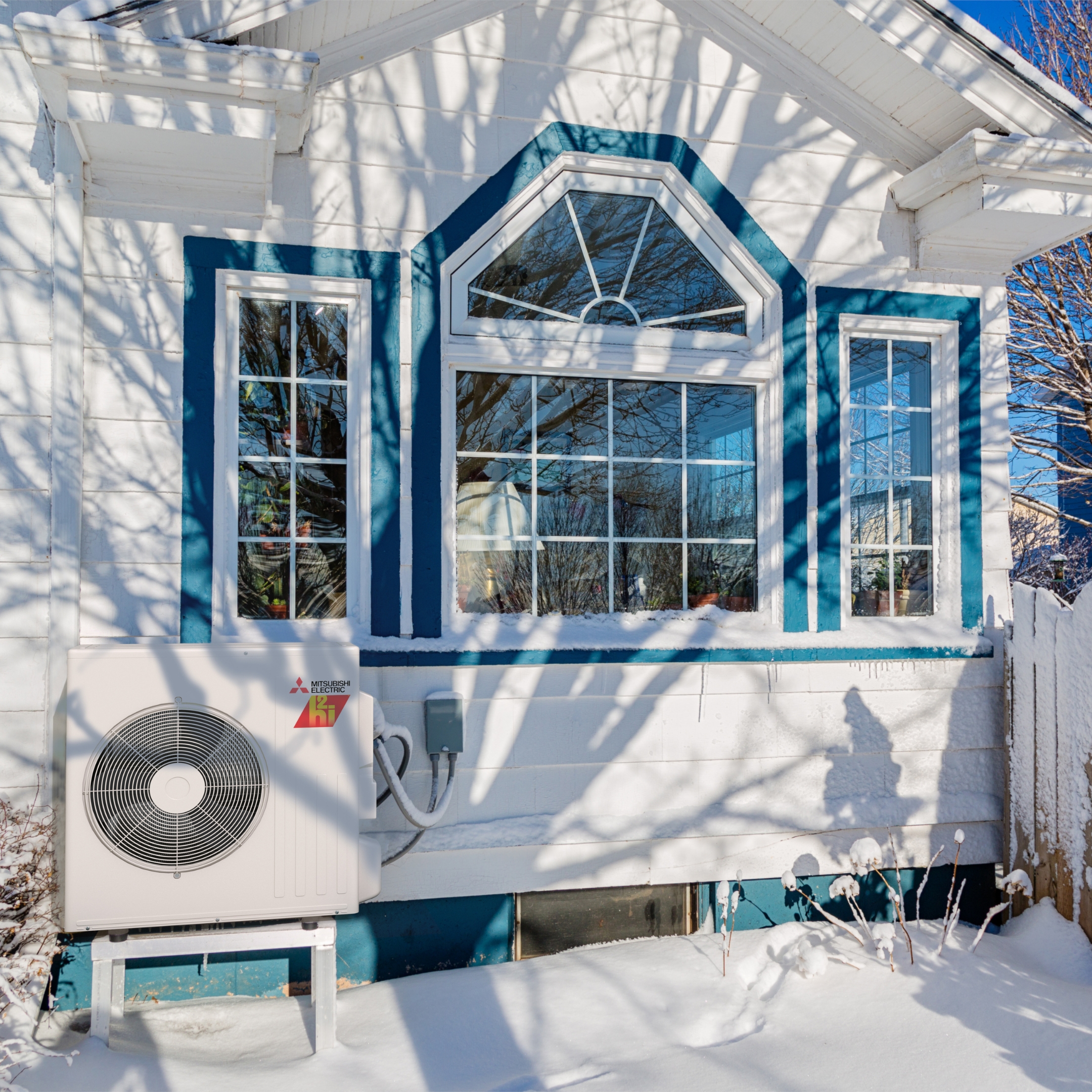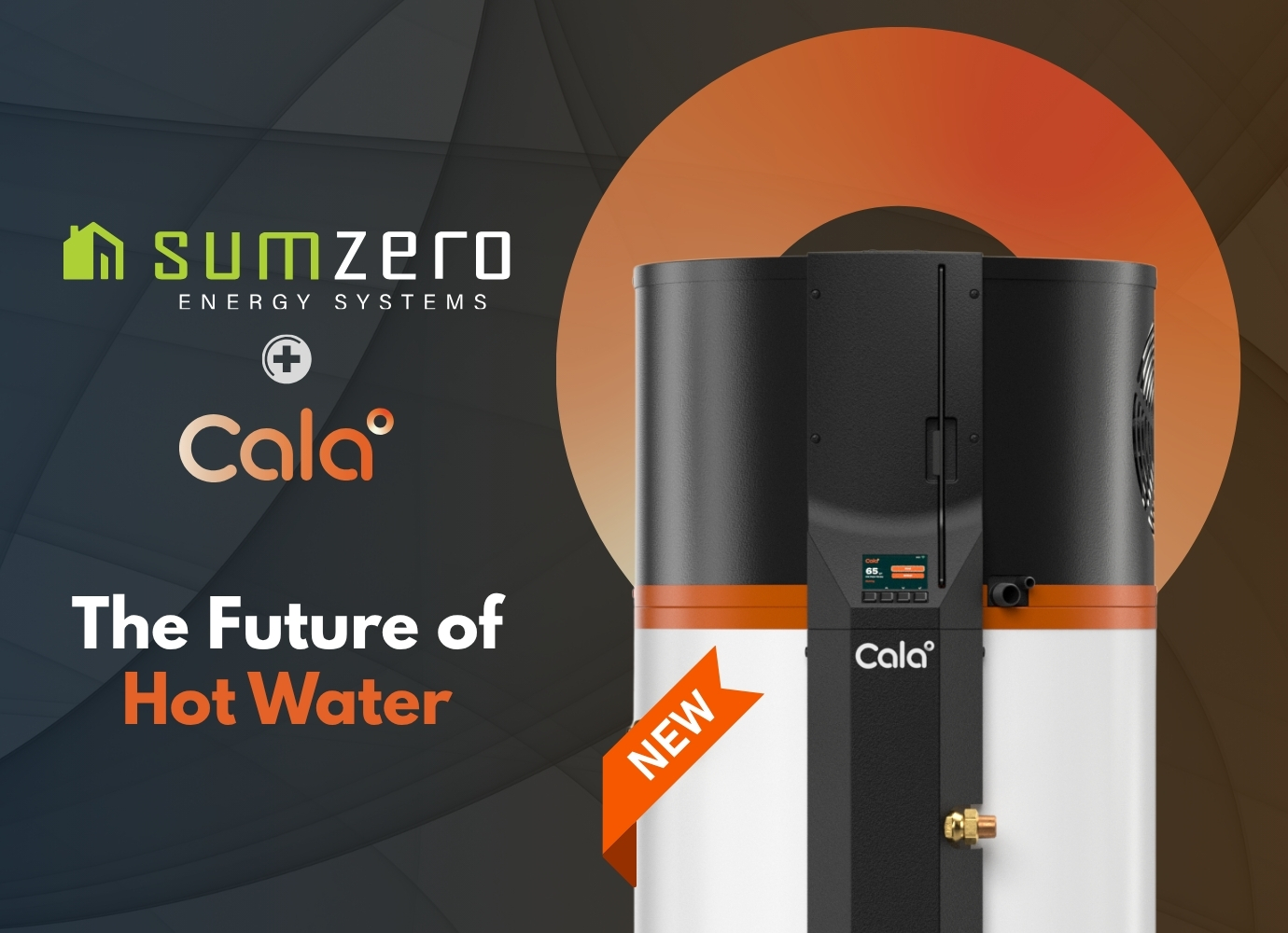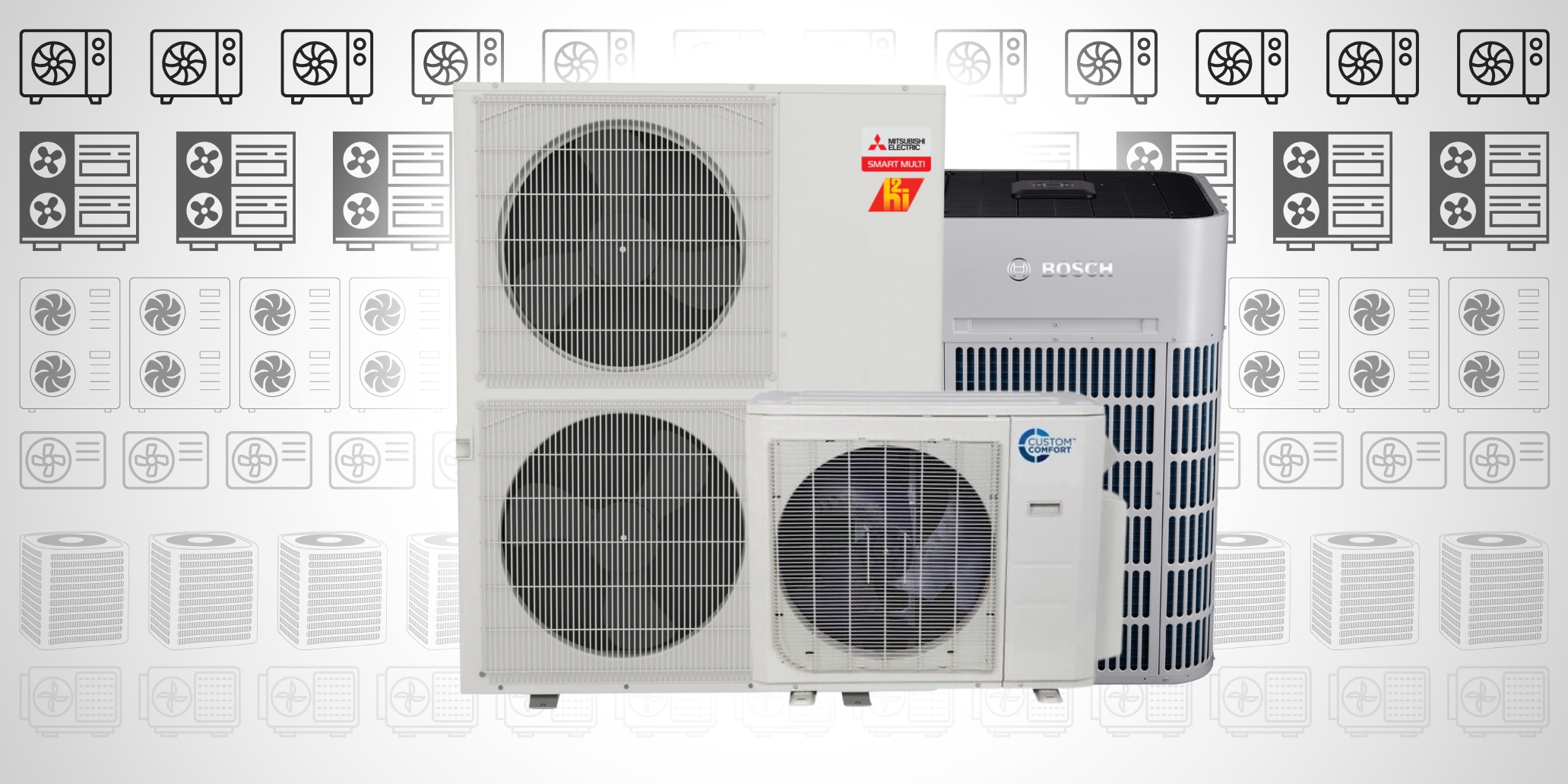Stay Informed with SumZero Insights
Expert tips and updates on energy efficiency, comfort, and HVAC solutions
This Week’s Highlight
Not Sure Where to Start? We’ll Guide You
Let our experts design the right heating and cooling solution—customized for your comfort, your layout, and your energy goals. No pressure. Just clarity.
Request FREE ESTIMATE
























